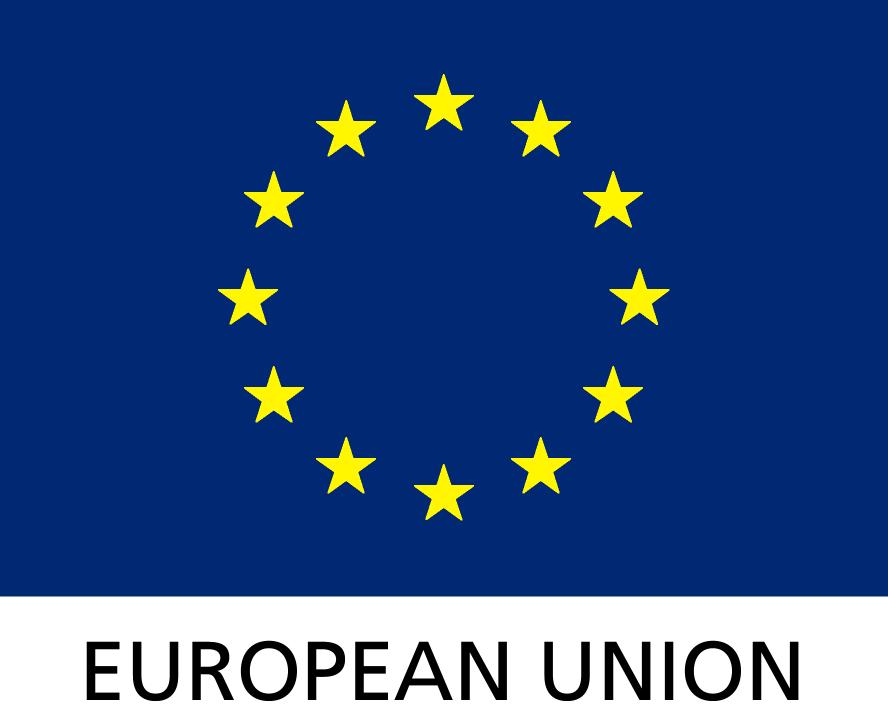EU to lengthen its stick and carrot for Belarus
 Brussels - European Union foreign ministers were set Monday to lengthen both the carrot and the stick they use to deal with Belarus in a bid to improve the country's human-rights record and stop it from recognizing two breakaway Georgian areas.
Brussels - European Union foreign ministers were set Monday to lengthen both the carrot and the stick they use to deal with Belarus in a bid to improve the country's human-rights record and stop it from recognizing two breakaway Georgian areas.
"For 12 years we tried the policy of sanctions and we saw where it took us: basically nowhere. Now for one year we've tried to open up a little bit ... there have been some improvements but we're not there yet," Finnish Foreign Minister Alexander Stubb said.
His Estonian counterpart, Urmas Paet, added that the EU should not bring back in a travel ban on top Belarusian officials, but instead "see what the developments in Minsk are in the next months."
Belarus is often described as "Europe's last dictatorship," but it borders three EU countries and is a key player in trade and energy transit between Russia and Europe.
The EU is currently trying to persuade Belarus to improve its record on human rights and democracy by offering it the carrot of closer cooperation, including participation in a planned "Eastern Partnership" with former-Soviet neighbours, and the stick of a travel ban and asset freeze aimed at its leaders.
In October, the EU decided to sweeten the carrot by suspending the travel ban on top officials, including President Alexander Lukashenko, until April 13.
Since then, EU experts say that Belarus has begun to improve its record on human rights, although haltingly and with some setbacks.
"On a scale from one to 10 I'd say we're probably at two or three, but I think things are moving in the right direction," Stubb said.
Monday's meeting of EU foreign ministers was therefore tipped to renew the sanctions, but not to implement them for the moment, in a bid to urge Belarus to more reforms.
That position should be maintained because it "very slowly, very painfully, seems to have alleviated some of the former abuses," Polish Foreign Minister Radek Sikorski said.
The EU's interest in its eastern neighbourhood has surged since Russia's August invasion of Georgia. The bloc is now keen to strengthen its ties with its neighbours to counter-balance Moscow's growing assertiveness in the region.
"What is the other option? The other option is that the pressure from Russia will increase," Paet said.
The EU is set to launch its partnership with Armenia, Azerbaijan, Georgia, Moldova and Ukraine at a summit in Prague on May 7, and a growing number of states say that Lukashenko should attend.
"I am convinced that yes, Lukashenko should be invited," Italian Foreign Minister Franco Frattini said.
However, other states say that it is too soon for a decision on that subject, because it is not yet clear whether Belarus intends to follow Russia and Venezuela in recognizing the breakaway Georgian regions of Abkhazia and South Ossetia - something the EU opposes.
"Of course respecting the territorial integrity of the other countries of the Eastern Partnership is a fairly fundamental precondition," Swedish Foreign Minister Carl Bildt said. (dpa)